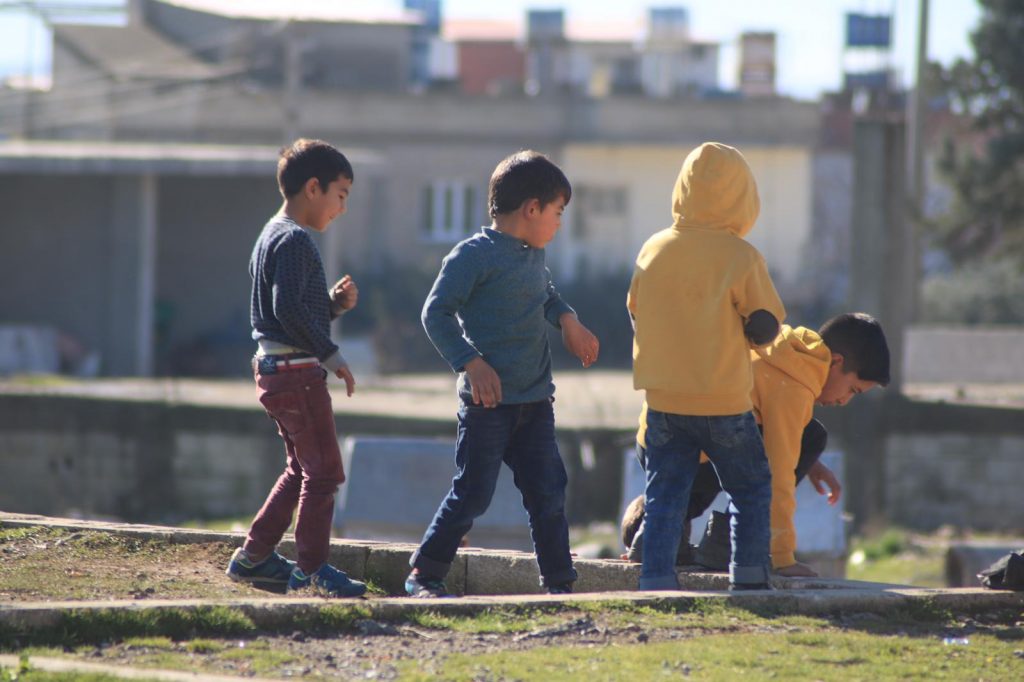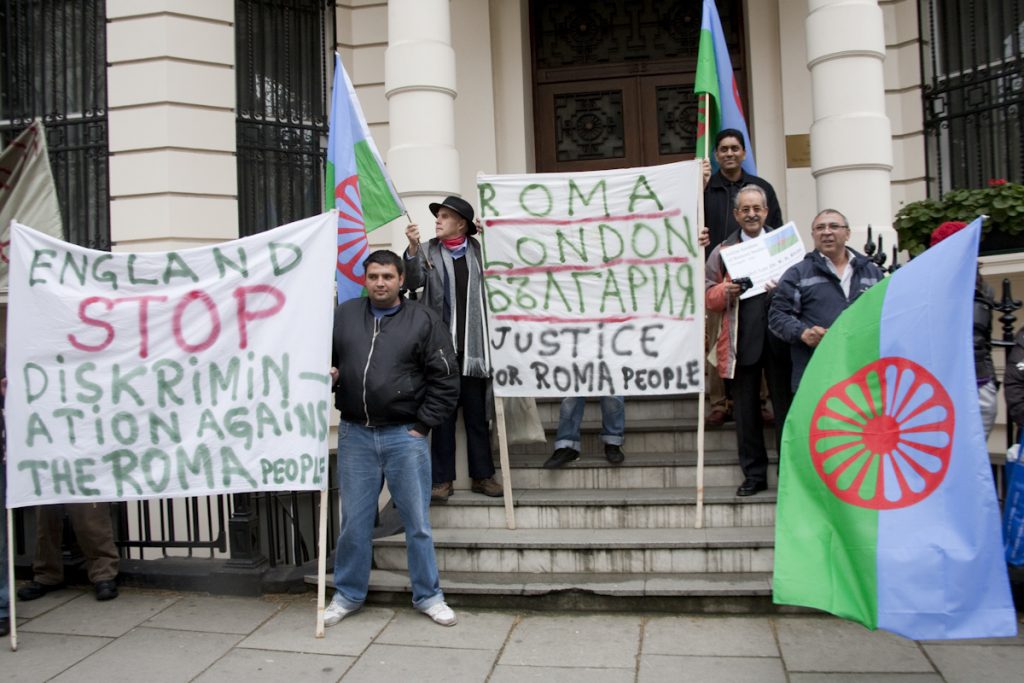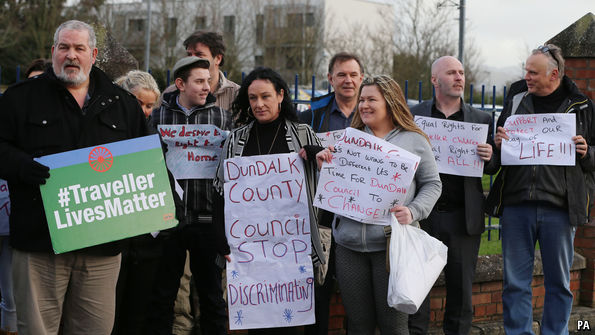The Gypsy and Roma communities have long been a community historically under-represented and marginalised by governments and the political process, due to their cultural practices and nomadic lifestyles. Nomadic people are communities who live highly mobile lifestyles moving from place to place, rather than settling permanently. Modernisation and the commodification of labour has witnessed this lifestyle compromised and deemed ‘abnormal’ or ‘backwards’ and has put pressure on these communities to assimilate totally or be abandoned.
The rise of xenophobia and right-wing politics in Europe has had a detrimental impact on all ethnic minorities, experiencing rising rates of hate crime, workplace discrimination and structural racism and has exemplified this issue for Gypsy and Roma communities. In 2010, French President Nicolas Sarkozy expelled Roma communities from France and in the same year in Turkey, Çingene (gypsy) communities were finally recognised as a group officially deserving of rights and political status despite being a part of society since the 9th century. The oppression and silencing that these communities experience, as well as their lack of political, cultural and social status, undermine their fundamental human rights and their ability to realise a decent quality of life.

One particular area of concern for these people is access and integration into education for their children. I spoke to Education Advocate for Roma and Gypsy communities and mum Kerry Brennan to find out more about the painful neglect that these communities face. She told me:
‘I’ve come to realise the horrific trauma behind a lack of educational achievement. How can we learn with our culture being attacked from every angle?’
‘We are given small local authority support so they can fill tick boxes to say they have tried to engage with us and it hasn’t worked and that’s why they pull funding. The government have stopped legal aid for us so we can’t fight back because we can’t afford legal representation (…) We have no rights’

In 2017 and 2018, Gypsy and Roma and Travellers of Irish heritage experienced the highest school exclusion rates in the UK – both permanent and temporary. It is no coincidence that black children also witness extremely high rates of school exclusions, and they too face systematic racism and normalised discrimination in the UK. The education system is just another sphere where the structural inequalities existing within society are reproduced. Since 2010, there has been rising pressure on social services to provide, with diminishing resources as a result of cuts to funding by Conservative governments. The disparities in exclusion rates and the varying attainment rates of children from different backgrounds demonstrate a culture that attempts to homogenise over integrate and a system where local councils are being forced to meet ever-tightening budgets and are resorting to neglecting communities’ needs.

www.southeastradio.ie
Recently, devastating figures found that since 2009 the number of children being taken into care from Gypsy and Roma communities has risen by 933%, whilst the number for children in the UK overall was an average of 19%. This amplifies concern for how existing decision-making processes witness the marginalisation of people from different backgrounds. There is an immense need for a system which does not prescribe ‘one size fits all’ policies, but adjusts to recognise and prioritise differences in values and needs.
The Gypsy and Roma communities’ nomadic lifestyle sets them apart as a community with diverse social norms, but fundamentally their needs to have a decent quality of life remain the same – decent housing, access to education and employment, and acceptance in society.


